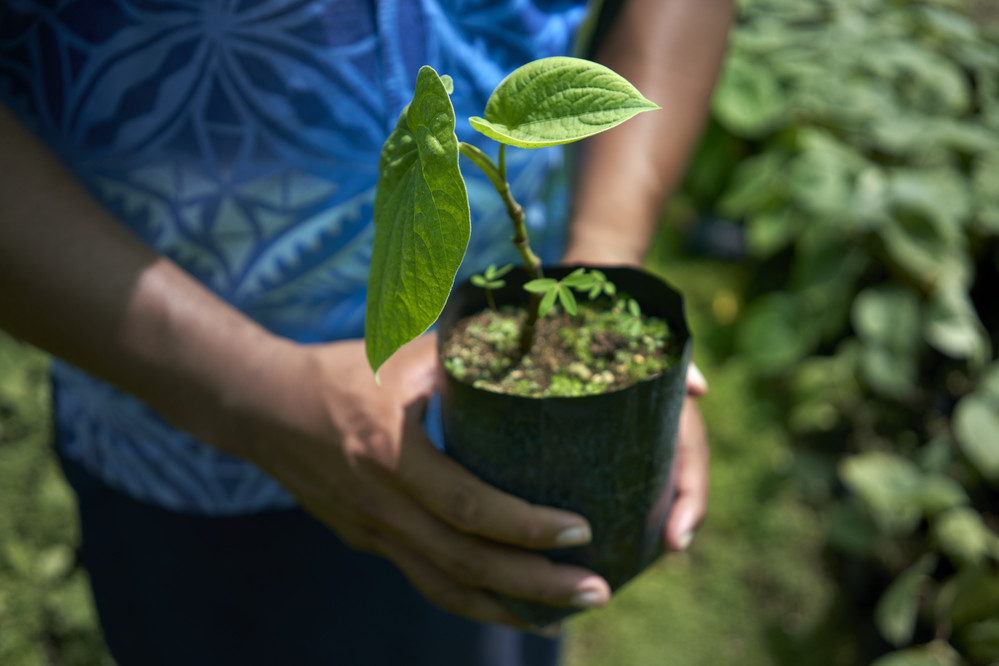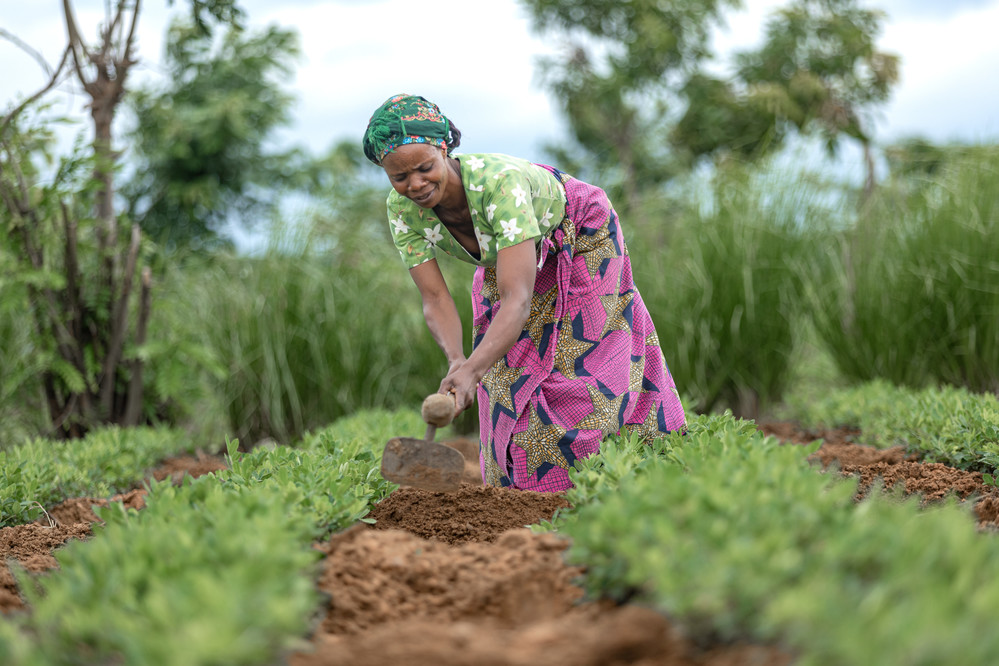The world faced a new war and rapid inflation in 2022, which layered onto an already challenging context following the COVID-19 pandemic and climate shocks. In spite of global uncertainty, enterprises in the midstream of agricultural value chains, and the institutions that finance and provide complementary services to them, adapted their operations to maintain a steady supply of food to plates across the globe. Through the Smallholder and Agri-SME Finance and Investment Network (SAFIN), these various actors collaborated to generate new knowledge, influence policies and co-develop new investments to foster a more inclusive and effective ecosystem for agri-SME finance.
“During a year that proved challenging for most, I was inspired to see SAFIN’s diverse membership come together through the network’s activities in 2022 to ensure the unfettered flow of capital to agricultural SMEs. I look forward to supporting SAFIN’s progress in 2023 and beyond,” said Frank Rubio, Senior Technical Specialist for the ABC Fund and former SAFIN Senior Coordinator, ad. interim in 2022 at the International Fund for Agricultural Development (IFAD).
SAFIN highlights from 2022
Facilitating safe spaces for joint reflection and peer support
In 2022, we hosted six open learning events covering the themes of our learning agenda, including the network’s first hybrid Annual Plenary Meeting and a timely workshop on the effects of the war in Ukraine on the agri-finance sector. SAFIN also hosted closed sessions to facilitate coordination among its member institutions and two project design clinic sessions- one focused on a financing and technical assistance facility spearheaded by Palladium and another on a policy acceleration facility for agricultural finance institutions led by AGRA.
Leveraging diverse perspectives for ground breaking research
We leveraged the broad reach and resources of our network to generate new evidence around four themes of our learning agenda. Collectively, we examined the financing needs of farmers’ organizations, reconsidered the economics and effectiveness of business development services for agricultural SMEs, explored evidence gaps in the agri-SME finance sector, and assessed the landscape of digital innovations for agricultural finance.
Engaging global actors around key operational and policy issues
SAFIN introduced a segmented approach to our global engagement, aiming to influence the different stakeholders that play an essential role in driving inclusive agri-finance ecosystems. Our members engaged with global leaders on the need for ‘crisis-ready’ financing solutions in Africa, exchanged with the private sector in Southeast Asia about their role in scaling climate adaptation finance, encouraged donors to embrace their catalytic role in attracting private investment to the agri-food sector, and challenged bankers in Latin America and the Caribbean to prioritize the underserved segment of agricultural SMEs.
Scanning the sector to deliver timely insights
We redoubled our efforts to track new trends and innovations in the agri-finance sector to inform collaboration within our network and beyond. We conducted an in-depth redesign of our website, introducing new ways for our members to showcase their achievements, a new members’ portal and six thematic hubs covering our learning areas from recent years.
Strengthening and regionalizing activities for greater impact
SAFIN welcomed five new institutions to our network and introduced a new member engagement approach. We also launched regional working groups to better link our global learning agenda to local challenges and solutions. Our first working group in Southeast Asia came together aiming to co-design a financing solution that is tailored to the need of farmers’ organizations. In 2023 and beyond, SAFIN plans to establish working groups for our members in sub-Saharan Africa and Latin America and the Caribbean.

